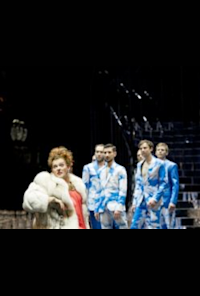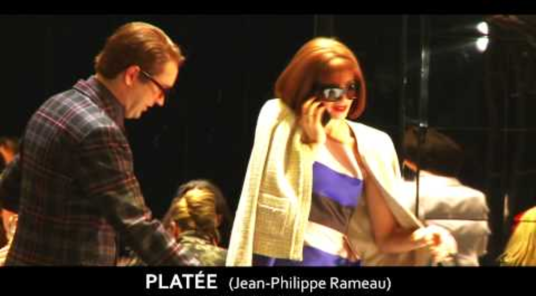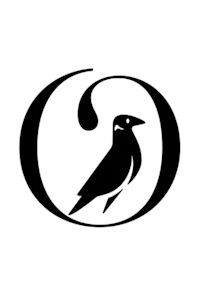Proizvodnja na voljo za najem: Sets, Costumes, Score



Platée (Platea), Rameau
Deliti
MusikTheater an der Wien (2014)Informacije umetniške organizacije (Preverjeno s strani Operabase)
17 - 28 februar 2014 (6 predstav)
Obiščite spletno mestoPlatea by Rameau, pet. 21 feb. 2014, Od (2014/2014), Režija: Robert Carsen,, Dirigent William Christie, Paul Agnew, Theater an der Wien, Vienna, Austria
Ogled igralske zasedbe in ekipe za 21 feb. 2014
Producent
Conductor
Stage director
Igralska zasedba
Thespis
Jupiter
Mercure
Junon
Amour
Momus
Thalie
Platée
Clarine
Un Satyre
Cithéron
La Folie
Posadka
Costume designer
Set designer
Dramaturge
Lighting designer
Choreographer
Ansambel
Orkester
Refren
Koproducent
Koproducent
Izvedite več o skladatelju
Več o glasbenem delu








